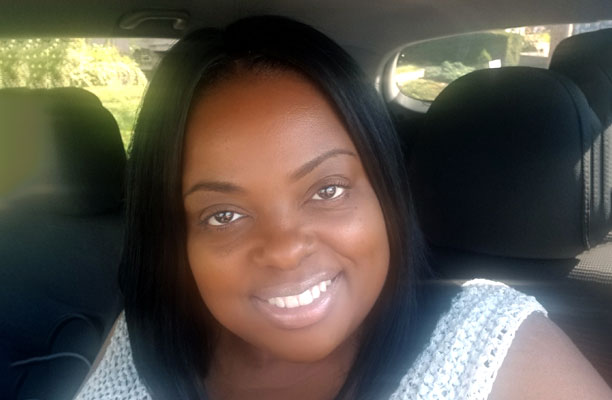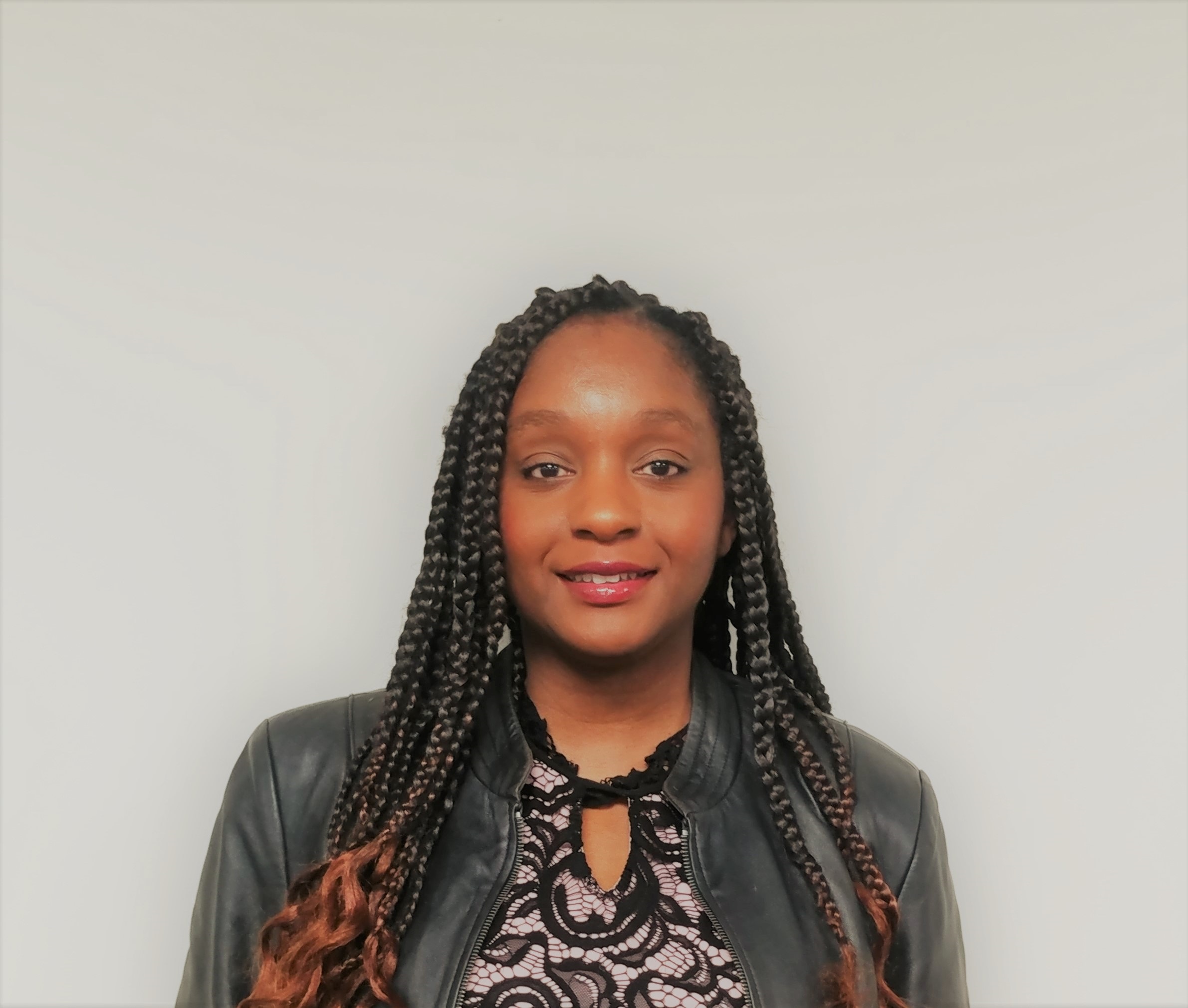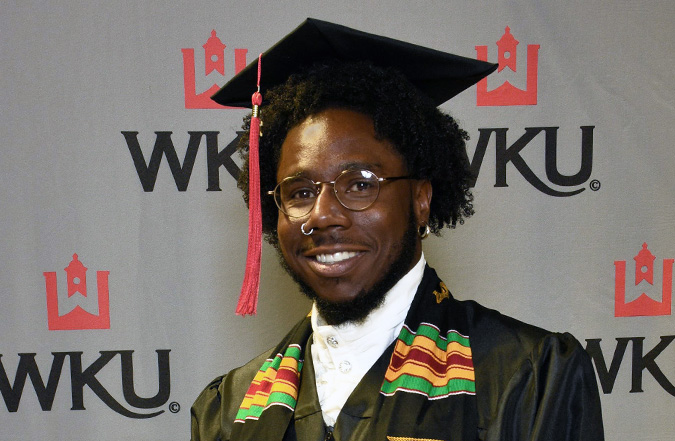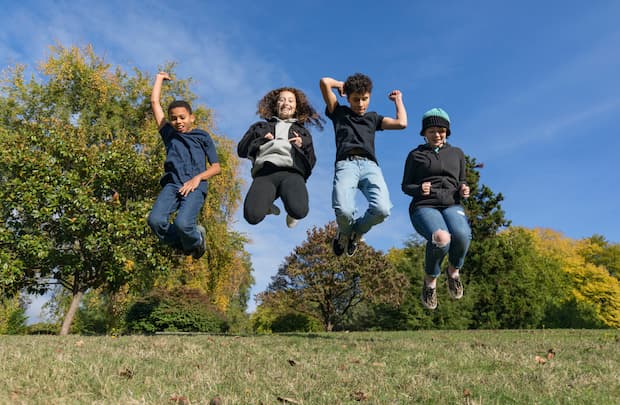
Sheree Singleton is a supervised independent living program caseworker with Delta Community Supports in Pennsylvania. She works with teens who are preparing to age out of foster care, teaching them life skills and connecting them with educational programs and resources that will ease their transition to independence.
Carmen Davenport, the director of the program, emailed AdoptUSKids asking that we recognize Sheree as an Outstanding Caseworker. She wrote:
“There are no words to summarize the passion, commitment, and dedication that Sheree shows youth. She puts in long hours to ensure that any youth on her caseload quickly gets connected to employment, jobs, etc., and is always thinking ahead about what her clients need. It is Sheree’s personal commitment that no youth exits her caseload without a permanent, solid plan and without knowing that she truly cares about them.”
We talked with Sheree about her career and work with teens.
You’ve been a social worker for more than 20 years. What attracted you to the work?
I’ve always had a love of children. But when I was 13, my aunt temporarily lost custody of her six kids, and they were split up among family members. My little cousin was in need of eye surgery to improve his vision. He had an eyelid condition that made it difficult to see. It took a long time, but my mother kept fighting until he got the care he needed. Looking back, I would say that watching my mother advocate for him inspired me to do the same thing for other children years later.
What is your role as an independent living program caseworker?
I am one of a team of four workers who are supporting about 90 teens. I have 15 girls on my caseload right now. I teach them life skills—how to write a resume, how to go grocery shopping and cook healthy meals—and connect them with programs that can help them get an education and prepare for a career.
Our team also holds workshop days where we talk about issues affecting our teens, such as domestic violence. Many of our girls are being abused by boyfriends or girlfriends and don’t even realize that they are in an abusive relationship. They stay in these relationships because to them it is normal. We try to help them see what a good relationship looks through interactive workshops. No one deserves to be abused verbally, mentally, or physically.
What are the biggest challenges of preparing teens to age out of care?
Our teens have been through a lot, and their needs are complex.
It’s my job to teach them life skills, but often in the process of doing that, I uncover other needs. It’s like peeling an onion. You have to pull it back one layer at a time. I had one client who I was taking grocery shopping. All she wanted to buy were chicken fingers and Pop Tarts! That what her diet consisted of. It turned out that she had some underlying mental health issues that needed to be addressed first, before we could work on healthy eating habits. So I had to get her connected with counseling services before I could do my work.
Determining what needs to address at any given time and then finding resources to address them is a constant challenge.
The greatest rewards?
I would say this work has become something of a ministry for me. I’ve had different roles—working for a foster care agency, a children’s hospital, and now with teens aging out of foster care. Sometimes I’ve tried to walk away from it all. But I keep doing this work because it’s needed. When past clients tell me that I’ve made a difference, it helps me get through those rough days.
This year I’ve had a few girls who aged out tell me: “Ms. Sheree, you’ve got us for life!” And I tell them that is absolutely fine. In fact, I had personalized cards made for my girls so we can keep in touch and I can continue to let them know how resilient they are!
Final thoughts?
I have a tremendous belief in the power of one. The girls I work with have been through some horrible things. But they have made it this far because they are strong. I don’t want them to see themselves as victims. I tell them: “You may not be able to control what happens to you, but you have the power to change your response to that situation. You are loved and you can do anything you put your mind to.”


